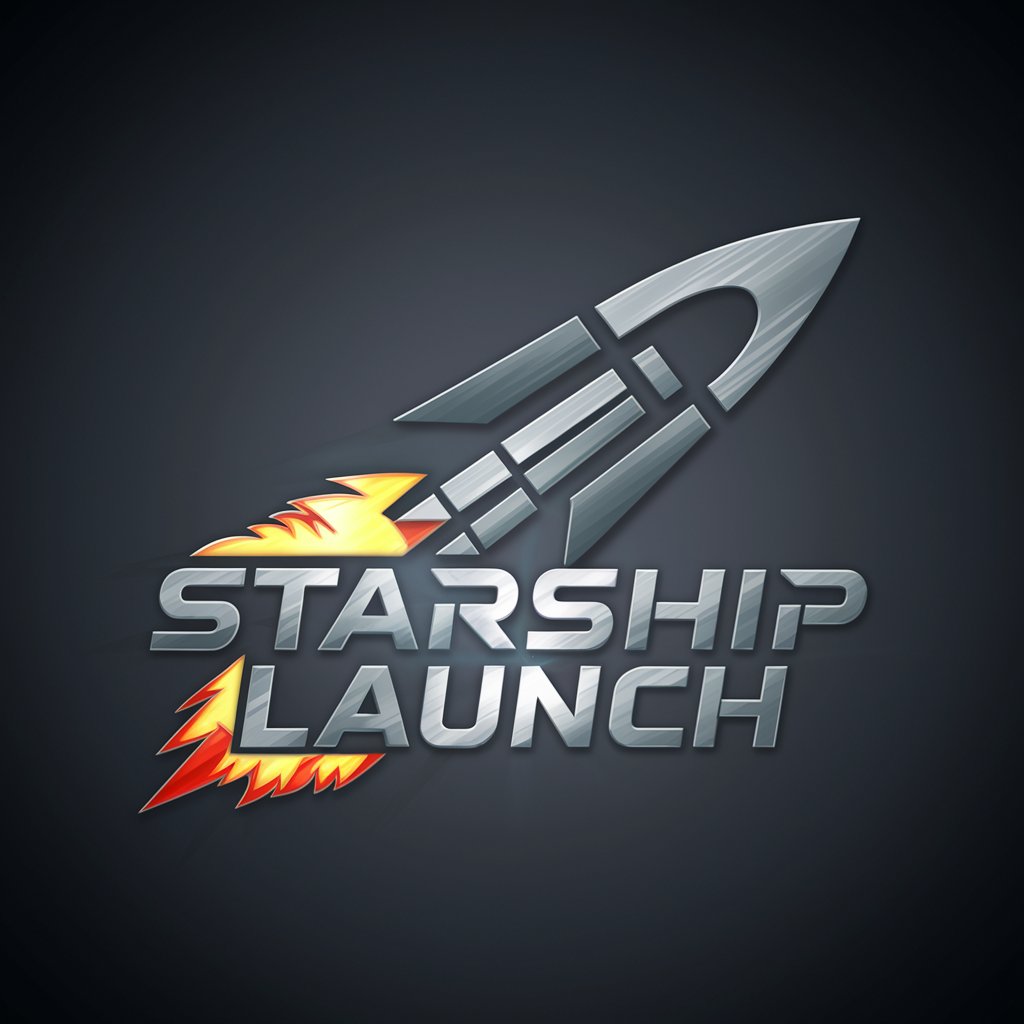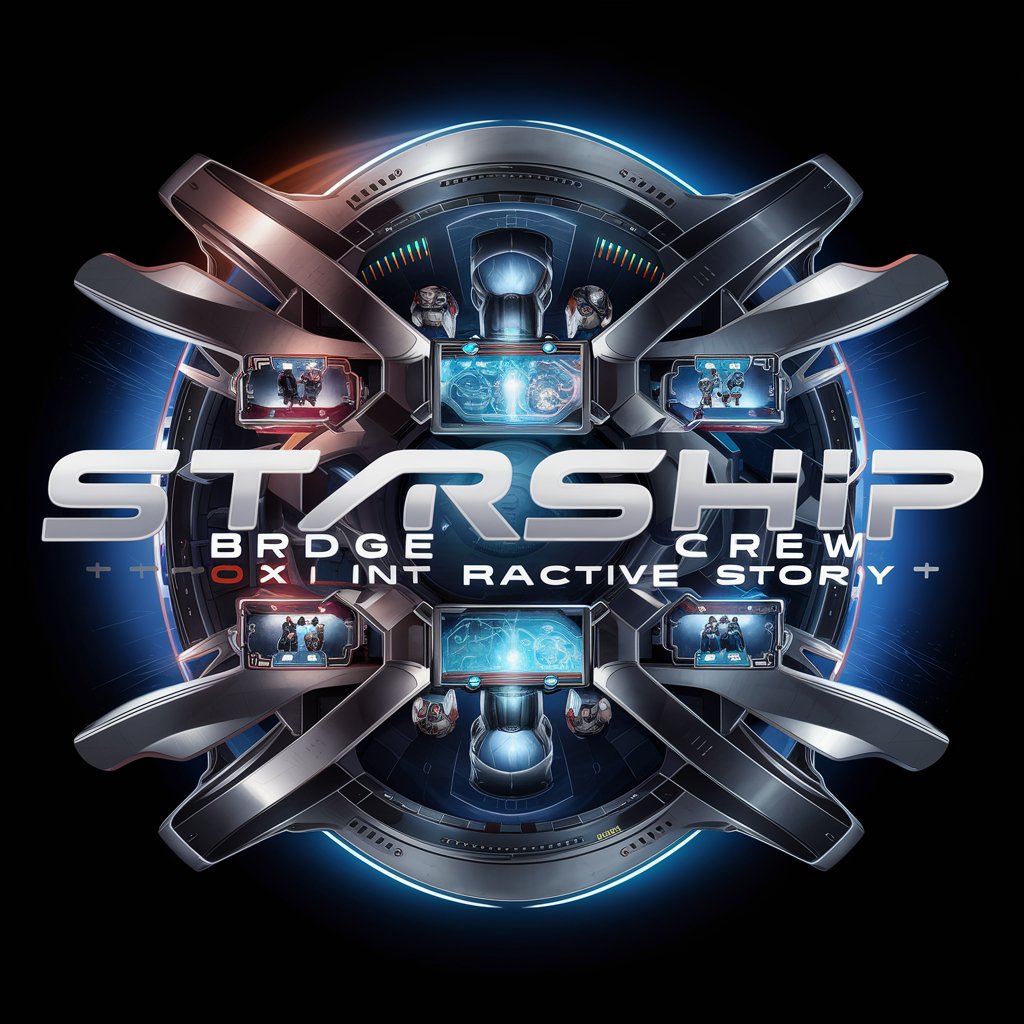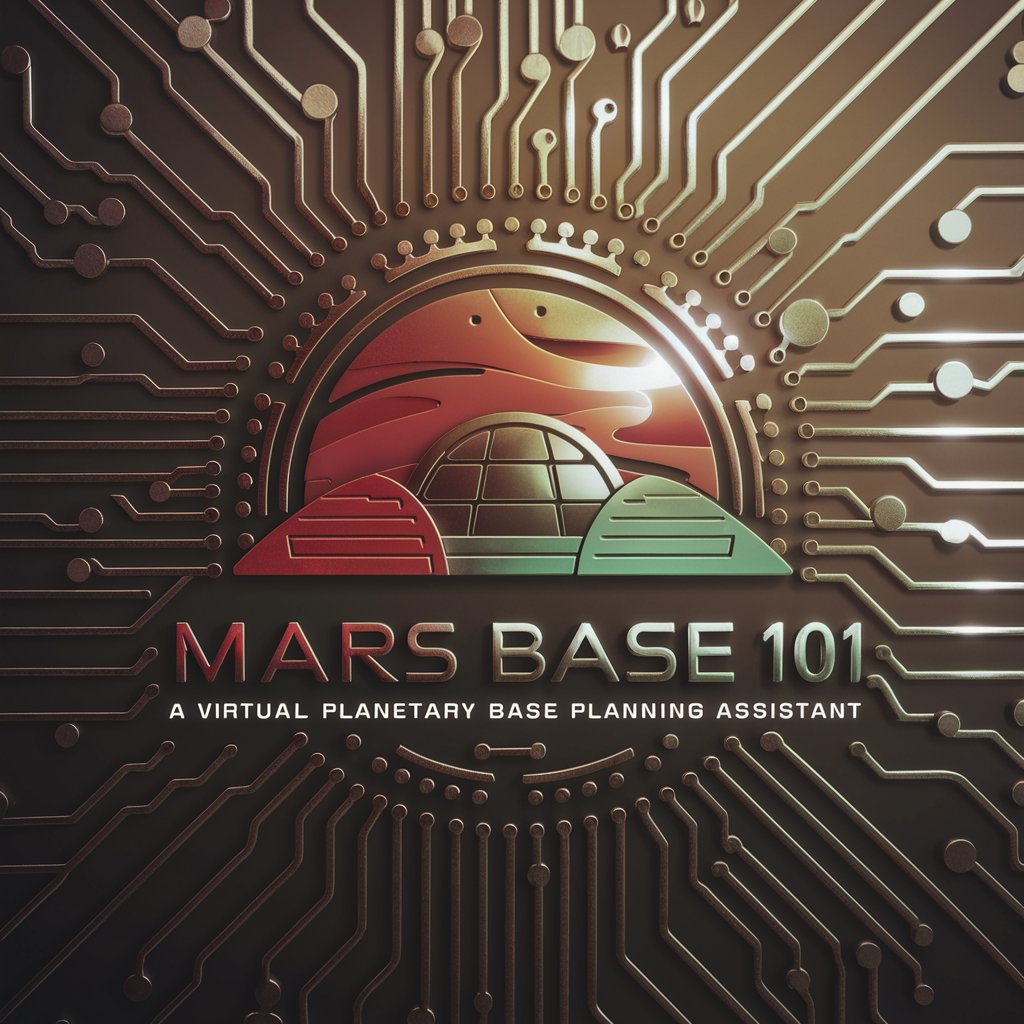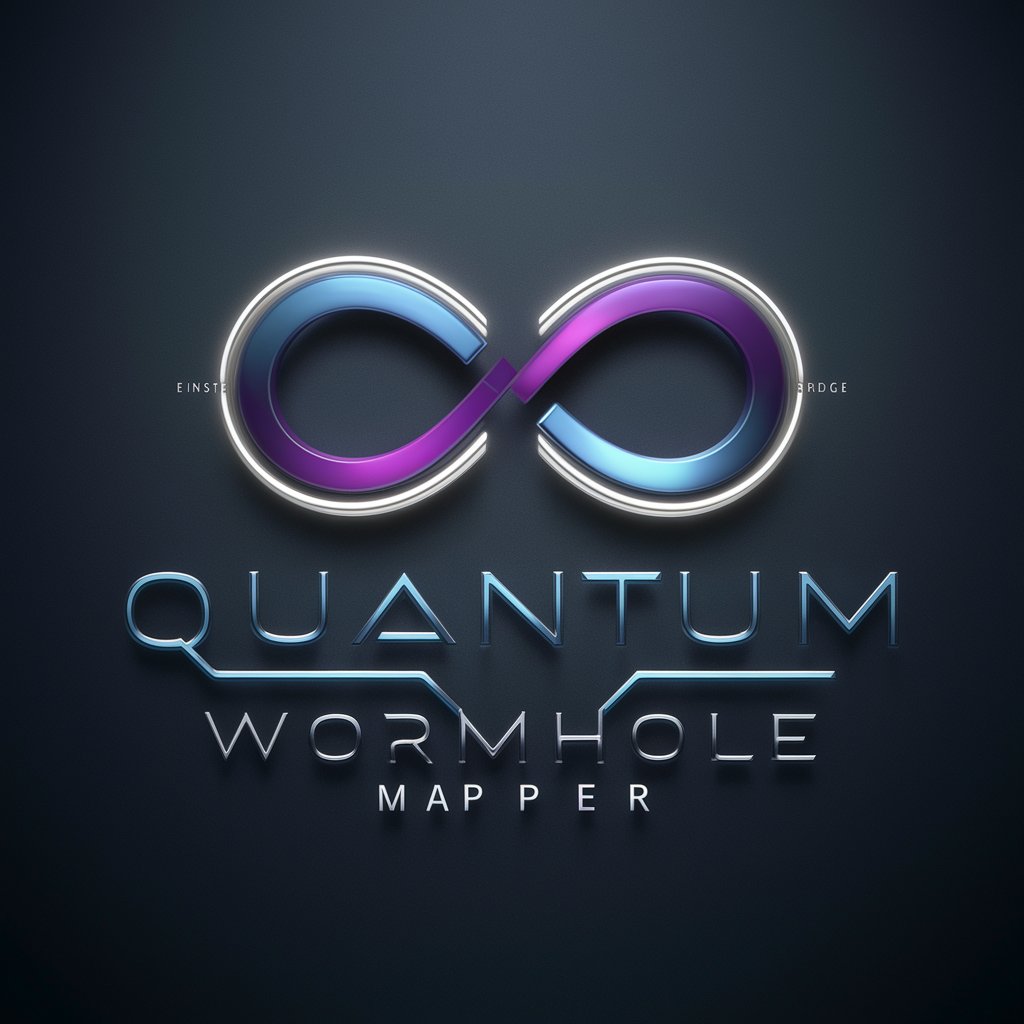5 GPTs for Space Simulation Powered by AI for Free of 2025
AI GPTs for Space Simulation are advanced generative pre-trained transformer models tailored for applications in space exploration, astronomy, and astrophysics. These tools leverage the powerful capabilities of GPT technology to simulate complex space scenarios, analyze astronomical data, and facilitate interactive learning about the universe. They are designed to provide accurate and comprehensive simulations, predictions, and visualizations of space phenomena, making them invaluable for researchers, educators, and enthusiasts interested in the cosmos. By incorporating specific knowledge and datasets related to space, these AI models offer customized solutions that enhance understanding and exploration of outer space.
Top 5 GPTs for Space Simulation are: Skybox,Starship Launch,Starship Bridge Crew - Interactive Story,Mars Base 101,Quantum Wormhole Mapper
Skybox
Craft Immersive VR Worlds with AI

Starship Launch
Launch into Learning with AI

Starship Bridge Crew - Interactive Story
Command a Starship with AI Crew

Mars Base 101
Design Martian Habitats with AI

Quantum Wormhole Mapper
Mapping Wormholes with AI Power

Key Characteristics of Space Simulation AI Tools
AI GPTs for Space Simulation boast a range of unique features including high adaptability to various complexity levels within space science, from basic educational simulations to advanced research models. Special features include natural language processing for interactive learning, data analysis capabilities for interpreting astronomical data, and image creation for visualizing space phenomena. These tools can simulate celestial mechanics, model astrophysical processes, and generate realistic visualizations of the universe. Their adaptability allows for customization according to user needs, from simple demonstrations for novices to complex simulations for professionals.
Who Benefits from Space Simulation AI?
The primary beneficiaries of AI GPTs for Space Simulation include educational institutions, space research organizations, astrophysics students, and space enthusiasts. These tools are accessible to individuals without programming expertise, offering intuitive interfaces and pre-built simulations for easy use. Simultaneously, they provide extensive customization options for developers and researchers, allowing for the development of sophisticated simulations and analytical models tailored to specific research questions or educational objectives.
Try Our other AI GPTs tools for Free
Rocket Science
Explore the frontier of aerospace with AI GPTs for Rocket Science - your digital ally in navigating the complexities of rocketry and space exploration.
Tour Descriptions
Discover how AI GPTs revolutionize tour descriptions, offering tailored, engaging content for the tourism industry with ease of use and advanced customization options.
Guidebook Writing
Explore AI GPT tools for Guidebook Writing, designed to revolutionize guidebook creation, editing, and publishing through advanced AI technology. Perfect for writers and publishers at any skill level.
STEM Publishing
Discover how AI GPTs for STEM Publishing are transforming the creation and dissemination of scientific content, making it more accessible and efficient for educators, researchers, and professionals.
Physical Techniques
Discover how AI GPTs for Physical Techniques are transforming the field, offering innovative solutions for data analysis, problem-solving, and research in physical sciences and engineering.
Preventative Measures
Explore AI GPTs for Preventative Measures, the cutting-edge tools designed to forecast and mitigate risks, ensuring safety and efficiency across sectors.
Expanding Horizons with AI in Space Exploration
AI GPTs for Space Simulation represent a significant advancement in space exploration and education. They offer user-friendly interfaces, making space science accessible to a broader audience. Furthermore, their integration into existing systems and workflows streamlines research and educational efforts, fostering innovation and discovery in the field of space exploration. As these tools continue to evolve, they promise to unlock new possibilities for understanding and interacting with the cosmos.
Frequently Asked Questions
What is AI GPT for Space Simulation?
AI GPT for Space Simulation refers to specialized generative pre-trained transformer models designed for simulating, analyzing, and learning about space and astronomical phenomena. These tools leverage AI to offer detailed and interactive simulations of the universe.
Who can use these AI GPT tools?
These tools are designed for a wide range of users including educators, students, researchers, and space enthusiasts, catering to both novices without coding skills and professionals seeking advanced customization.
Can AI GPTs simulate real space missions?
Yes, AI GPTs for Space Simulation can simulate real space missions by modeling spacecraft trajectories, celestial mechanics, and mission scenarios, providing valuable insights for planning and research.
How do these tools help in education?
They offer interactive learning experiences, enabling students to explore complex space concepts through simulations, enhancing understanding and engagement with space science.
Can I customize the simulations according to my research needs?
Yes, these tools offer extensive customization options, allowing researchers to tailor simulations and analyses to specific study requirements, facilitating advanced scientific research.
Do AI GPTs for Space Simulation require internet access?
While some functions can be used offline, features like real-time data analysis and web-based simulations may require internet access for the most comprehensive experience.
Are there any interactive features?
Yes, many AI GPT tools for Space Simulation incorporate interactive features, such as natural language queries and interactive visualizations, enhancing user engagement and learning.
How accurate are the simulations?
The accuracy of simulations depends on the data and algorithms used. AI GPTs are designed to incorporate the latest astronomical data and research, ensuring highly accurate and up-to-date simulations.